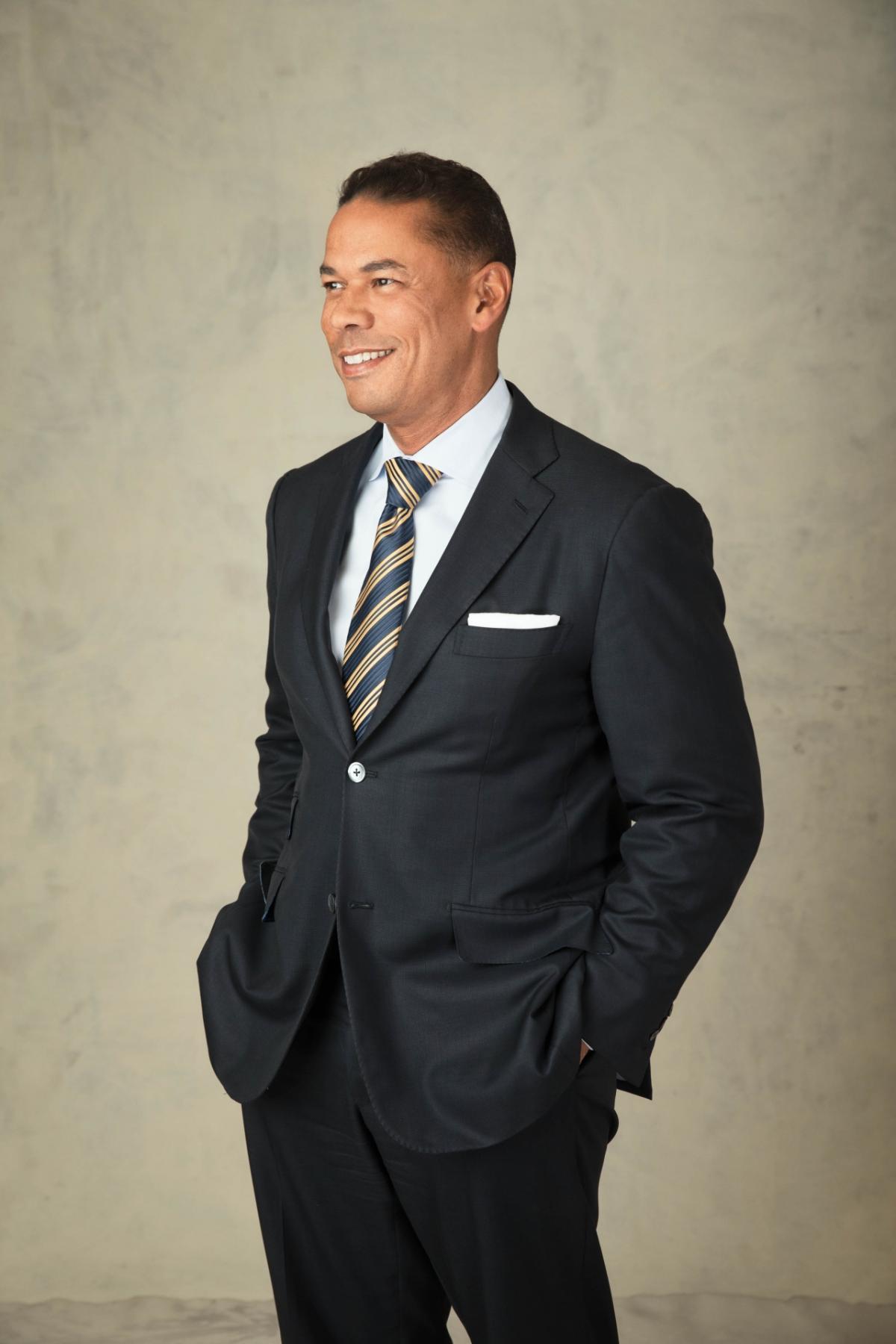Starting Your Career During a Pandemic: Booz Allen CFO Lloyd Howell Advises Students

With a COVID-19 vaccine rolling out, but the pandemic still impacting nearly all aspects of work and life, Booz Allen CFO Lloyd W. Howell Jr. recently spoke with students in Princeton University’s Business Today program about ways life may now forever change – or not – for their careers going forward. Howell predicts: there’s going to be a greater focus on work-life balance, technology investment will be on the front burner, and the office as we know it won’t be the same anymore.
Here are edited excerpts from his remarks:
I have two (young adult) sons, and I have a great deal of empathy for all of you, as you try to navigate this really weird environment. But I encourage you to frame it as not so much as something just happening to you, but as an opportunity to proactively shape your career and the things you would like to do.
Finding a new work-life balance
I think there are going to be aspects of our current virtual world that will be enduring. Previously, I would (question telework), believing you can't be as productive as others who are going to an office every day or in front of a client in person every day. That sort of belief is completely false. We’ve seen over the past months that productivity and client support actually each could reach an all-time high.
Here’s one of the dimensions that will be enduring: telework percentages will remain higher than they were pre-pandemic, and for a variety of reasons. People are figuring out how to do work-life balance from home, taking care of dependents and children. Though it’s been frustrating and filled with anxiety at times, our workforce likes that flexibility. They like the fact that, for a day or two a week, they can do their work obligations, but also take care of their personal responsibilities.
Technology tools of the trade
Technology will be even more important going forward. We're all on these Zoom, and you-name-it calls, needing bandwidth so things are not dropping, and our ability further engage in this virtual world is largely going to be driven by what technical tools we have to facilitate that. The investment by all companies in this technology will continue to increase because it contributes to still staying connected with a broader footprint, sharing information while at the same time driving costs lower by reducing travel, meals and other expenses. You get that win-win with the introduction of technology and its positive implications on productivity and efficiency, and that's going to only continue to grow.
Tomorrow’s office
On a physical facility standpoint, I think the notion of an office is going to be different. A lot of this was already underway pre-pandemic with greater focus on open space collaboration rooms. But now I believe offices will also have a virtual dimension to them, and the manner in which we come together in the future is going to be different. I have an office in Washington, DC, but I've been teleworking virtually from my home in another part of the country for the past eight months. And I probably would've told you that would be impossible before the pandemic.
My colleagues are spread around in the United States and you would never know it unless I asked. We all come together and make decisions, close financial statements, host earnings calls, conduct board meetings, all virtually. That’s going to call into question, “Do I physically go to an office four days a week or am I there on a lesser degree, maybe a day a week?” When I'm there for that one day, what work really needs to be conducted face to face? I think some of these changes are definitely going to stick and feel different to us as we get on the other side of COVID.
How to navigate a post-COVID career
As you consider a career path in this new environment, you need to really think through what you want: if you're an extrovert and you love in-person human engagement because it brings you energy and is part of your creative process, you should target employers who will offer you that. Look for work where there's an expectation that the team comes together, working side by side. If you like the autonomy of working from home and the flexibility that brings, and you're extremely productive, seek employment environments that facilitate that. You’ve got to think through, “What gets me excited, what gets my energy high, when am I my best?” Then seek out an environment that facilitates that.
Finding Your Fun
I think finding work-life balance really starts with determining your own definition. Everyone has a different percentage in the balance. I read a long time ago an article on Michael Jordan, the basketball player, who said that every day was fun because when he went to work, it really didn't feel like work at all. He was doing what he loved. And if anything, he had to decrease that work focus so that he could focus on other dimensions of his life. But work - he equated it to fun. His work-life balance definition was mixed quite differently than someone else where work felt like a job. So, my best piece of advice is to find, as best you can, that opportunity where work is fun and does not feel like work.
Learn more about careers at Booz Allen and the firm’s Coronavirus Pandemic Response.

